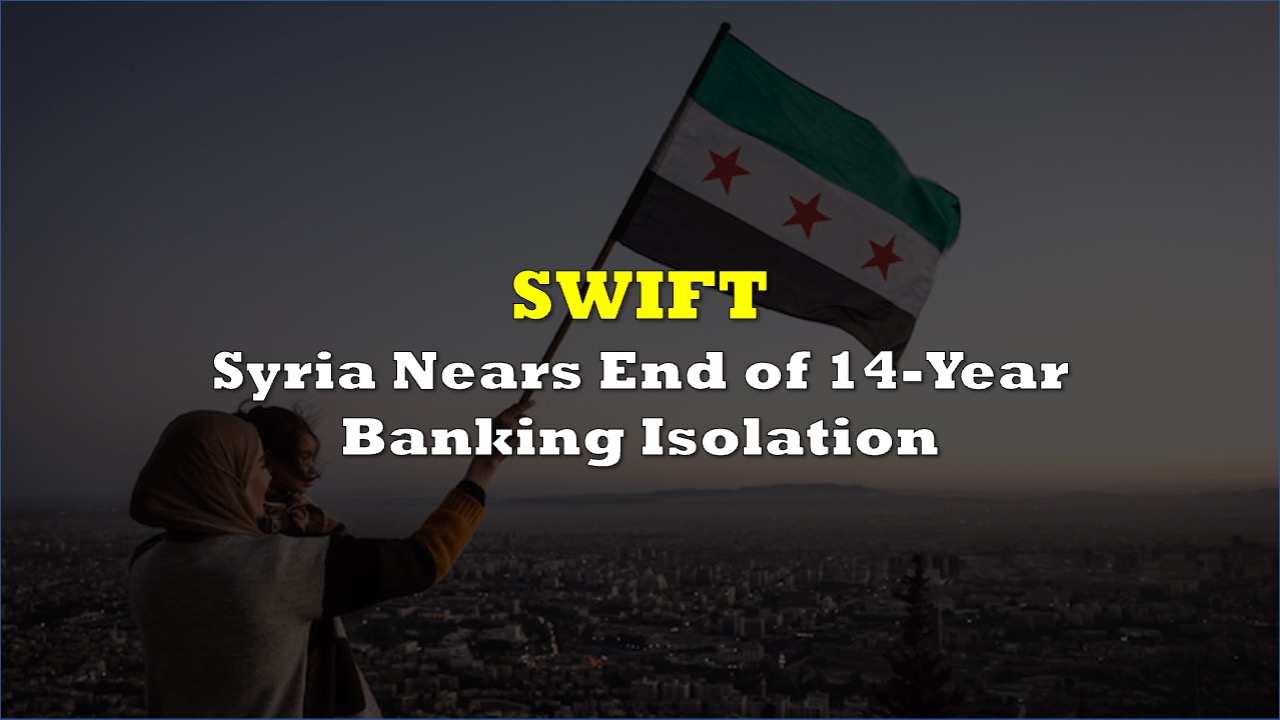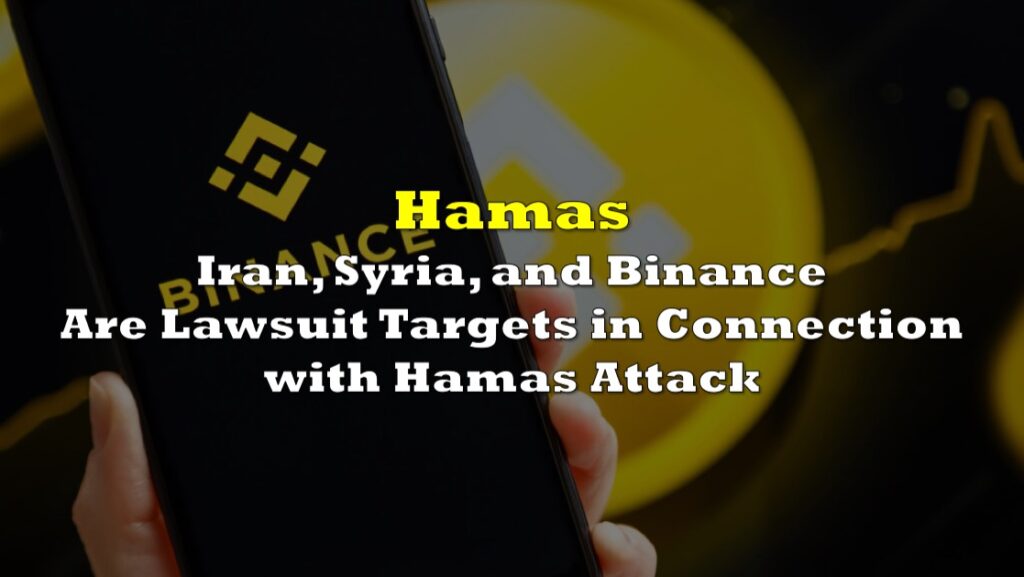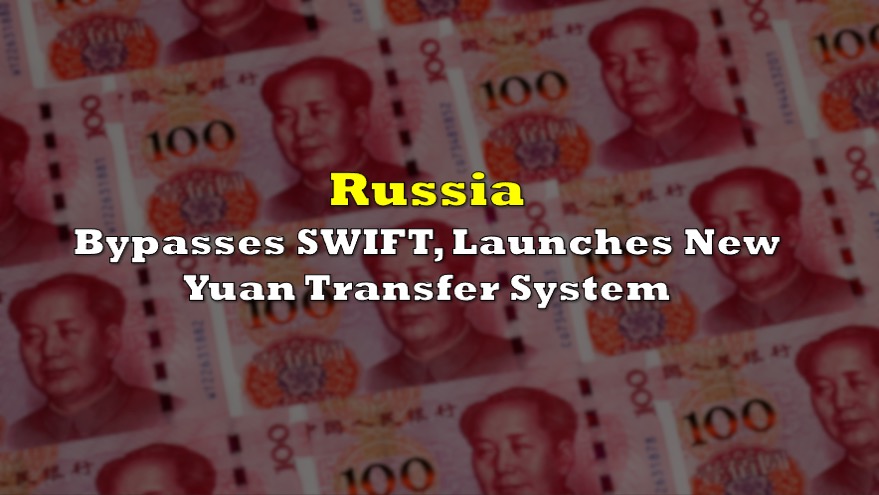For the first time in more than a decade, Syria is poised to regain access to the world’s primary banking communication system, with officials announcing that reconnection to SWIFT could happen in the coming weeks.
The development would end Syria’s exclusion from the Society for Worldwide Interbank Financial Telecommunications, which has prevented the country from conducting routine international banking since 2011.
Massive news tonight out of Syria, as the Governor of Syria’s Central Bank has announced that Syria will be reconnected to the SWIFT (Society for Worldwide Interbank Financial Telecommunications) in a “matter of weeks,” after over a decade of separation for the Global Economy. pic.twitter.com/aMGZnFTftb
— OSINTdefender (@sentdefender) June 9, 2025
Central Bank Governor Abdulkader Husrieh confirmed to the Financial Times that technical preparations are nearly complete. Banks across Syria have received their SWIFT identification codes, leaving only the final step of gaining approval from international correspondent banks to process transactions.
The path to reconnection opened after the United States lifted sanctions on May 23, followed by the European Union’s decision on May 28 to remove two dozen Syrian entities from its sanctions list. These moves followed the December overthrow of longtime ruler Bashar Assad by opposition forces led by Ahmed Al-Sharaa, now serving as transitional president.
Syria’s financial isolation began during the early months of what became a protracted civil war, when Assad’s government responded violently to nationwide protests. The banking restrictions forced the country to rely on informal money transfer networks and currency dealers who extracted substantial commissions from transactions.
The anticipated reconnection promises to streamline international commerce by routing transactions through regulated banks rather than alternative channels. According to Husrieh, this shift will eliminate the dependency on unauthorized money dealers who have charged fees equivalent to 40 cents per dollar transferred.
“The plan is for all foreign trade to now be routed through the formal banking sector,” Husrieh said. He noted that over 50 financial institutions from Arab nations and beyond have signaled interest in establishing operations in Syria.
Syrian expatriates control an estimated $250 billion in overseas assets, and economists project that sanctions relief could bring approximately 10% of those funds back into the domestic economy, providing crucial capital for reconstruction efforts.
The SWIFT restoration marks a significant step in the transitional government’s broader economic reform agenda as Syria seeks to rebuild its war-damaged infrastructure and attract international investment.
Information for this story was found via the sources and companies mentioned. The author has no securities or affiliations related to the organizations discussed. Not a recommendation to buy or sell. Always do additional research and consult a professional before purchasing a security. The author holds no licenses.









